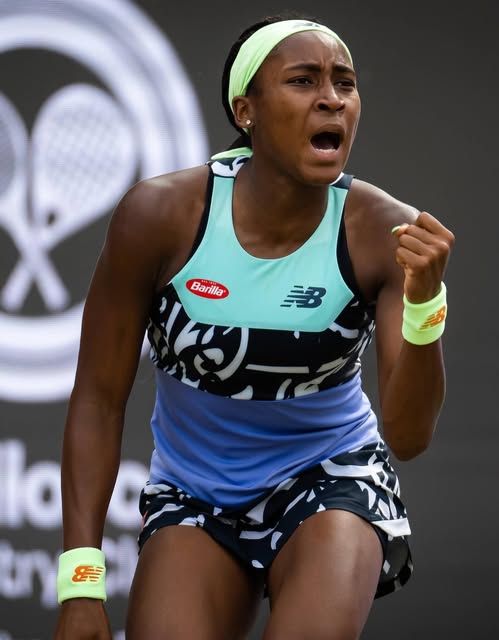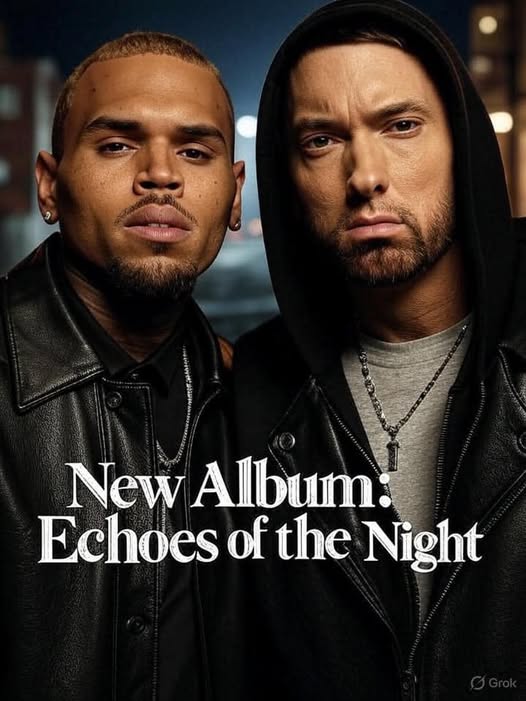Introduction
When Coco Gauff makes a move, the tennis world pays attention. At just 20 years old, the American tennis star has already etched her name into history books by winning the 2023 US Open and becoming one of the youngest Grand Slam champions of the modern era. Her dominance on the court and her influence off it have elevated her to a global icon.
But recently, Gauff shocked fans and analysts with an unexpected decision: she rejected participation in a key US Open-related event, raising questions about her priorities, long-term strategy, and what this could mean for her career trajectory.
This move has sparked intense debate among fans, media, and industry insiders. Was it a bold, calculated business decision—or a risky gamble that could affect her momentum? In this article, we break down the details behind Coco Gauff’s US Open decision, explore the potential implications, and answer the most pressing questions surrounding the story.
Why Coco Gauff’s US Open Decision Matters
Coco Gauff is not just another tennis player—she’s the face of the new generation in women’s tennis. Every step she takes is magnified because she represents hope, excitement, and change for a sport in search of its next long-term superstar.
When an athlete of her stature declines an event tied to the US Open, the ripple effects are significant. It affects:
- Tournament prestige – Organizers depend on big names like Gauff to attract viewership and sponsorships.
- Fan engagement – Her absence can lower attendance and broadcast ratings.
- Her career brand – Fans and sponsors want to see her active, especially at events tied to her breakthrough moment.
This is why Gauff’s move didn’t just raise eyebrows—it raised questions about her future plans and motivations.
Possible Reasons Behind Gauff’s Decision
1. Managing Physical Health and Fatigue
Tennis is one of the most physically demanding sports. With 11 months of competition per year, burnout and injuries are constant threats. According to the WTA, nearly 45% of top-100 players face injuries annually that cause them to miss tournaments.
Gauff, who is still developing physically, may be prioritizing longevity over short-term appearances. By rejecting this US Open event, she could be protecting herself from overexertion before the intense Grand Slam season begins.
2. Strategic Career Management
In professional sports, less can be more. Many top players—Serena Williams, Roger Federer, and Novak Djokovic included—skipped events strategically to preserve their energy for majors. Gauff may be following this playbook.
Rejecting a non-essential event could signal her intent to focus solely on Grand Slam victories and top-tier tournaments, which carry more weight in rankings, prestige, and sponsorship opportunities.
3. Commercial and Personal Priorities
Let’s not forget: Coco Gauff is also a brand. Forbes ranked her among the highest-paid female athletes in 2023, with over $15 million in endorsements. Sometimes, skipping an event is not about tennis—it’s about maximizing business opportunities, media presence, or personal time.
Her team could be aligning her calendar to ensure a balance between athletic performance and brand-building activities.
What This Means for the US Open and Fans
1. Tournament Excitement Takes a Hit
Fans attend US Open events not just for tennis but to see stars like Gauff. Her absence could slightly reduce hype, especially among younger audiences who view her as an inspiration.
2. Increased Curiosity Around Her Next Move
Interestingly, this decision has built anticipation. Fans are now more eager to see how she performs in the actual US Open tournament. In marketing terms, Gauff has unintentionally created scarcity and exclusivity, making her next appearance more valuable.
3. Rising Questions About Her Long-Term Strategy
Analysts will continue speculating: Is she focused on defending her US Open crown? Is this a calculated move to peak at Grand Slams? Or does it reveal a hidden struggle with health and scheduling?
Frequently Asked Questions About Coco Gauff’s US Open Decision
1. Why did Coco Gauff reject the US Open event?
While no official explanation has been given, speculation points to managing fatigue, prioritizing majors, and balancing personal commitments.
2. Does this mean Gauff is injured?
There’s no confirmed injury. However, skipping events is often a preventative measure in modern tennis to avoid overexertion.
3. Will this affect her chances at the US Open?
On the contrary, it could boost her chances. By avoiding unnecessary commitments, Gauff may arrive at the US Open fresher, sharper, and fully prepared.
4. How do fans feel about her decision?
Fans are split. Some support her long-term strategy, while others feel disappointed by her absence at a marquee event.
5. Could this impact her sponsorship deals?
Unlikely. Gauff’s endorsements are tied to her performance, image, and long-term appeal—not just one event. If she continues to perform well in major tournaments, her brand will only grow.
The Bigger Picture: Lessons from Gauff’s Decision
Coco Gauff’s move teaches us valuable lessons about modern sports management:
- Prioritize Health Over Popularity – Longevity matters more than short-term headlines.
- Strategic Scheduling Is Crucial – Fewer appearances can sometimes boost performance and brand value.
- Athletes Are CEOs of Their Own Careers – Decisions aren’t just about matches; they’re about overall career sustainability.
In many ways, Gauff’s rejection of this US Open event is a sign of maturity—she’s not just playing tennis, she’s building a legacy.
Key Statistics That Put This Decision in Context
- 20 years old – Gauff is still at the beginning of her professional career, with decades of play ahead.
- $15 million+ in endorsements – Her business success means she can be selective with appearances.
- 45% injury risk among top WTA players – Highlighting why skipping events may be a protective strategy.
- 1 US Open title already – Proving she doesn’t need every event to cement her status.
Conclusion: A Bold, Strategic Move or a Risky Gamble?
Coco Gauff’s surprising decision to reject a US Open-related event has generated buzz, debate, and curiosity. To some, it looks like a missed opportunity; to others, it’s a sign of maturity, discipline, and long-term vision.
What remains clear is this: Coco Gauff is not just another athlete—she’s a game-changer in women’s tennis. Whether this decision proves to be a masterstroke or a misstep will be revealed when she steps onto the court at the US Open itself.
For now, one thing is certain: Coco Gauff knows the world is watching, and she is shaping her career on her own terms.
✅ Final Takeaway: Coco Gauff’s US Open decision might raise eyebrows, but it also highlights the growing importance of strategic scheduling, athlete branding, and long-term career management in modern sports. Fans may be left wanting more—but that may be exactly the point.



